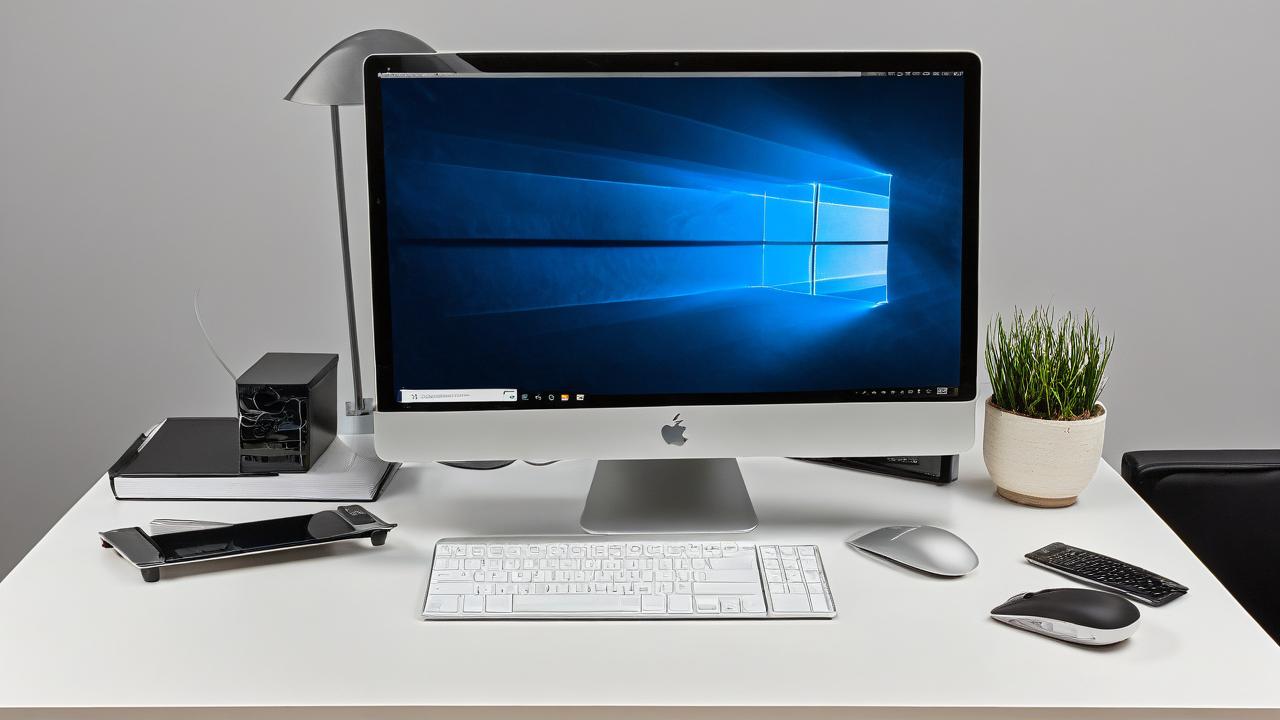In today’s fast-paced world, computers have evolved from simple machines into indispensable partners of the human brain. They help us solve complex problems, manage daily tasks, and connect with the world—all at the speed of light. However, with such immense power comes the responsibility to use this technology ethically and wisely.
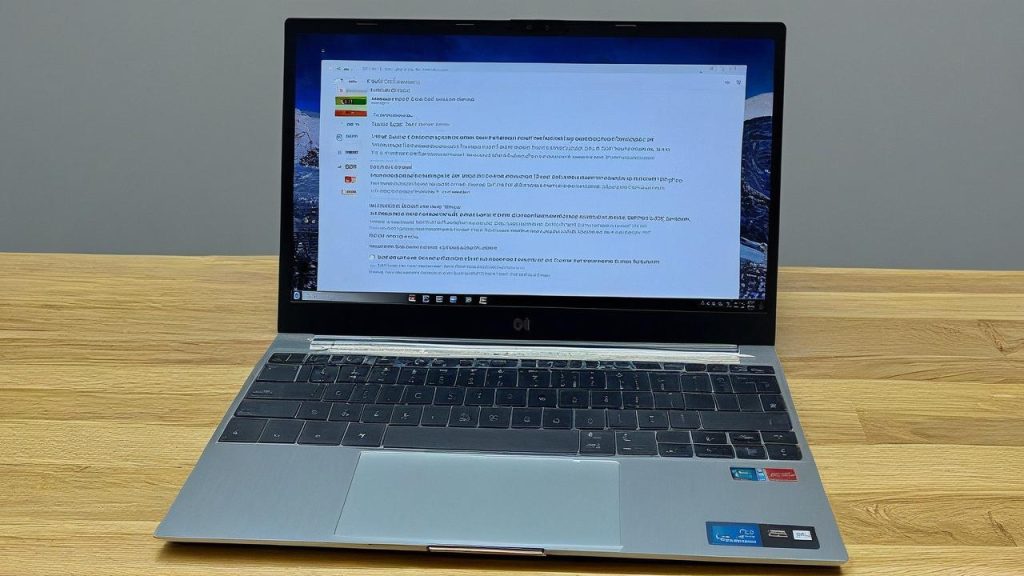
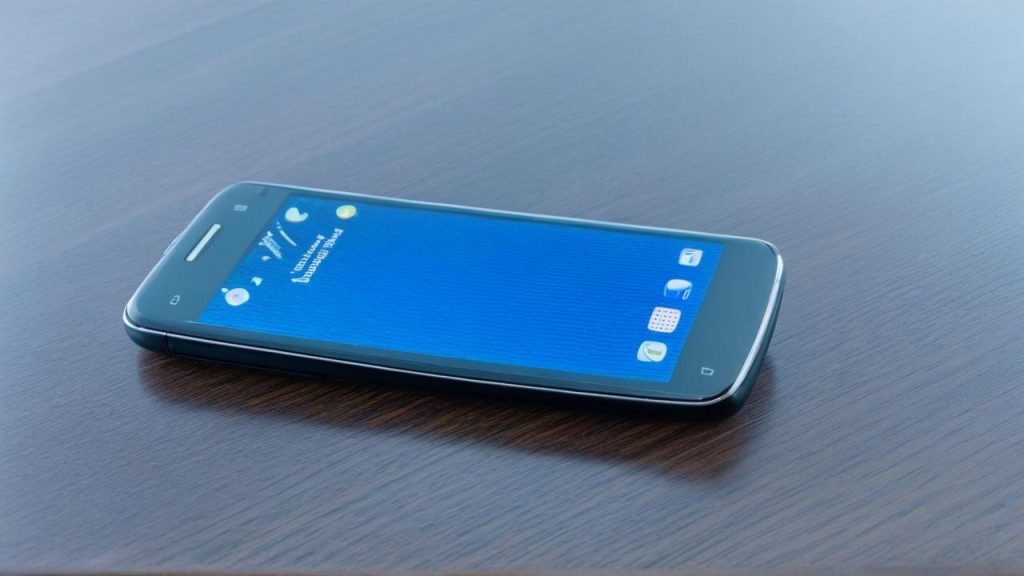
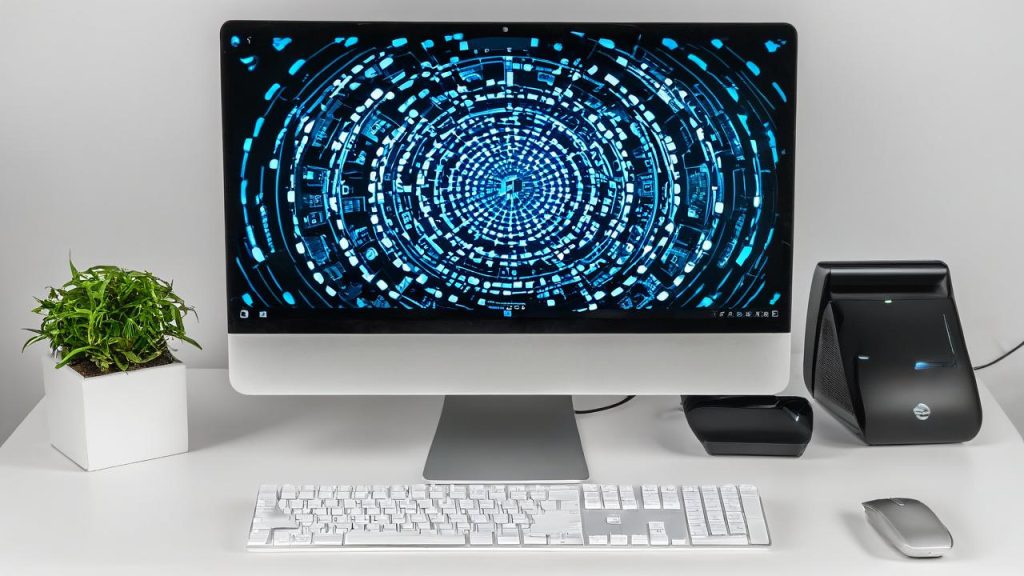
Why Computers Are Our Assistants
Computers extend the human brain’s capabilities, acting as an extra set of hands and eyes. They store vast amounts of information, perform complex calculations in milliseconds, and bridge gaps across continents with a single click. Whether it’s doctors using AI for advanced surgeries, scientists unraveling the mysteries of the universe, or students learning through virtual classrooms, computers amplify human potential and make the extraordinary achievable.
However, it is vital to remember that computers are inherently neutral. Like a hammer that can build a home or break a window, computers can create solutions or cause harm—depending entirely on how we use them.
A Tale of Two Choices
Lila, a young coder passionate about technology, developed a math app to help her classmates. The app became a hit, revolutionizing how students at her school learned math. Inspired, Lila continued refining her creation, empowering more students.
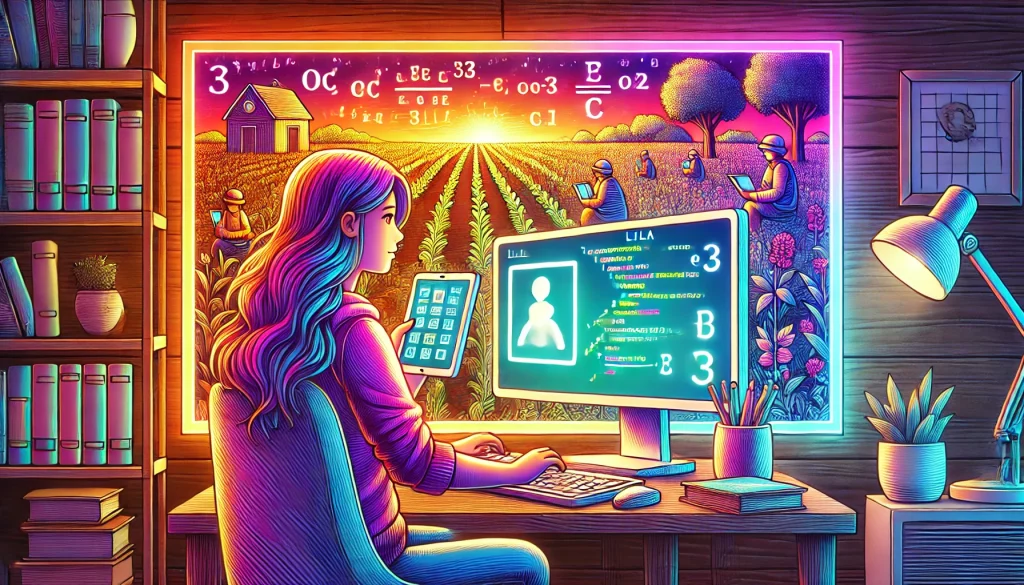
One day, Lila received a tempting offer online: use her coding skills to create a program that could hack into systems. The proposal promised money and recognition, but it conflicted with her values.
She recalled her grandmother’s wisdom: “Your actions shape the world like a potter shaping clay. Always choose to create, not destroy.“
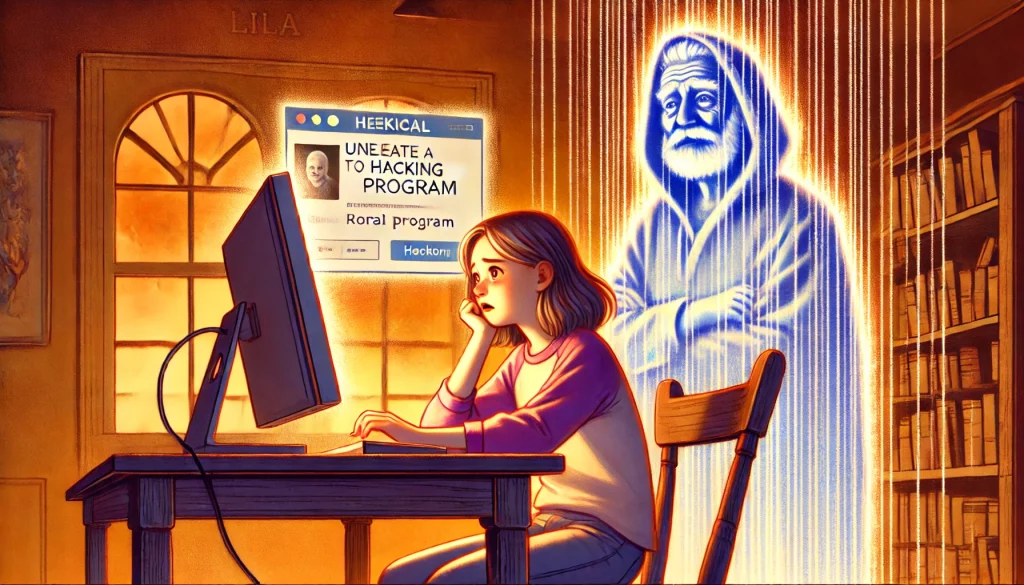
Lila turned down the offer. Instead, she used her skills to develop a tool that helped local farmers predict weather patterns, saving their crops from potential damage. Her choice benefited her community and inspired others to use technology for positive change.
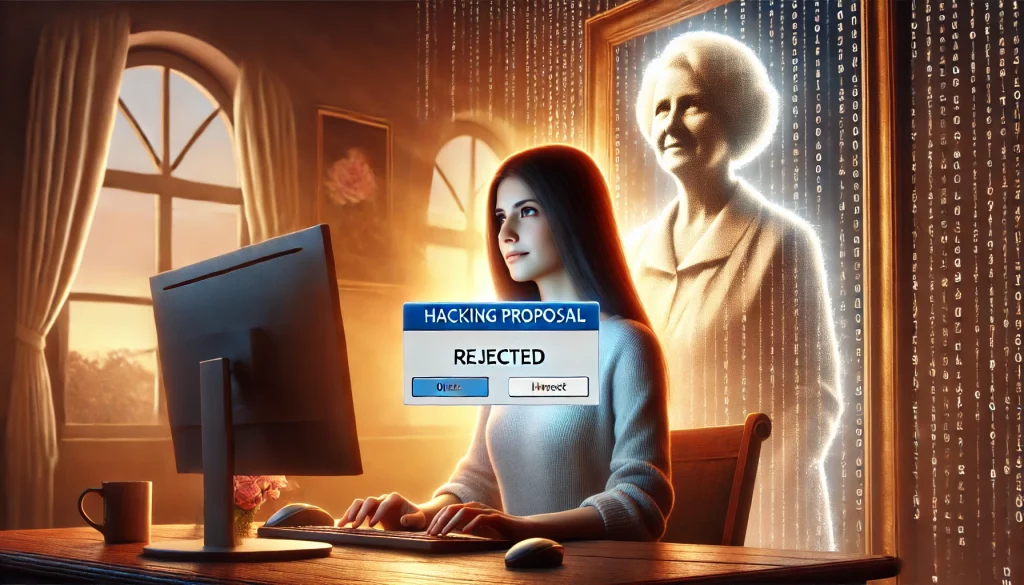
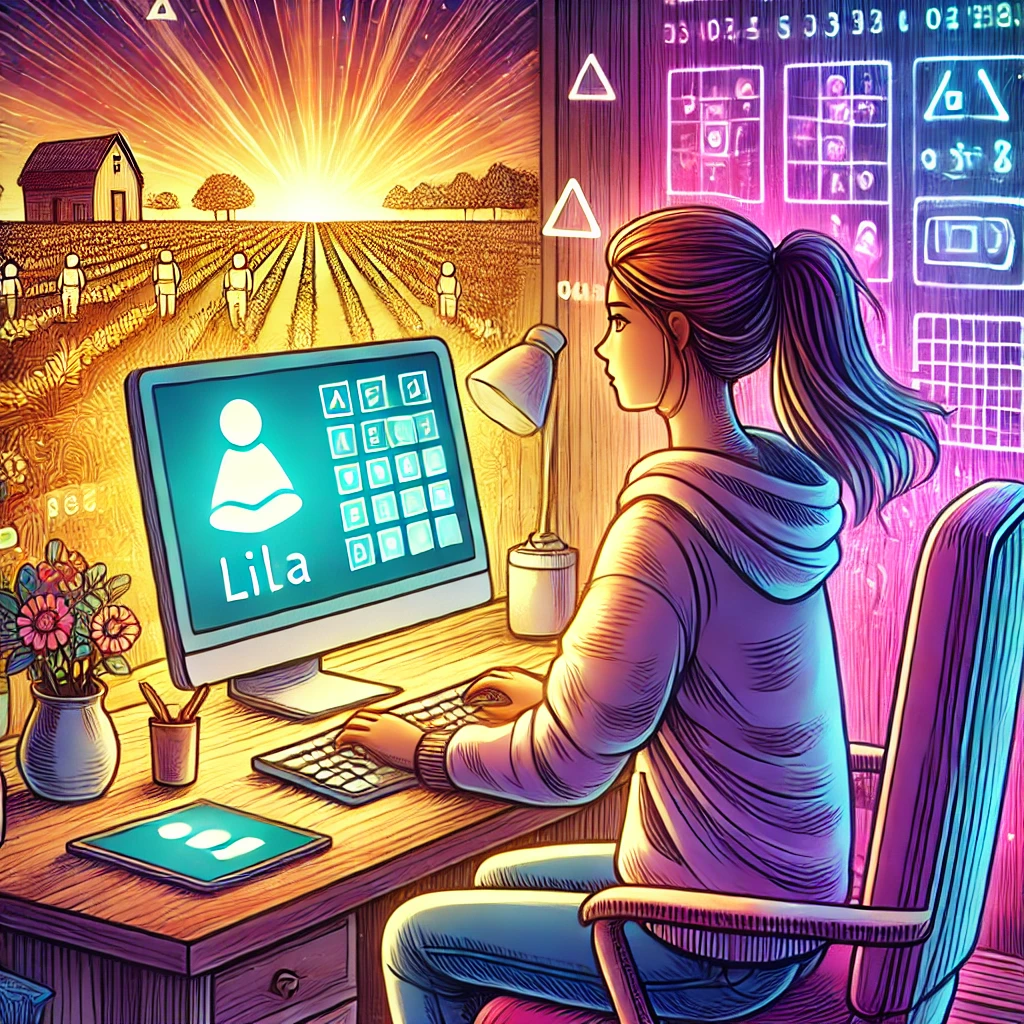
How Computers Support Us
Here are just a few ways computers assist us in meaningful ways:
- Problem Solving: Computers help us analyze and interpret vast amounts of data, from climate modeling to medical research, allowing breakthroughs that change lives.
- Enhancing Creativity: From graphic design to composing symphonies, computers unlock creative possibilities for artists and innovators alike.
- Improving Communication: Tools like video conferencing, social media, and instant messaging allow us to connect globally in real-time.
- Streamlining Tasks: Automation and AI free us from repetitive tasks, giving us more time to focus on innovation and personal growth.
Using Computers Responsibly
Harnessing the power of computers responsibly is essential to ensuring they remain tools for good. Here’s how:

- Think Before You Act: Reflect on whether your actions will help or harm others.
- Educate Yourself: Stay informed about cybersecurity, digital ethics, and safe online practices.
- Focus on Building: Use your skills to create solutions, bridge divides, and improve the world.
- Respect Privacy: Handle others’ personal information with care and integrity.
- Be a Catalyst for Change: Seek opportunities to use technology to tackle challenges like improving education, healthcare, and environmental sustainability.
Conclusion: A Call to Action
Computers are extraordinary tools that empower us to think bigger, create faster, and connect deeper. However, their true power lies in the machines and how we use them. Like Lila in our story, we all can shape the world with our decisions.
Let’s embrace technology as an assistant to the human brain, using it to build solutions, inspire change, and create a brighter future for everyone. The choice is ours—let’s choose wisely.
